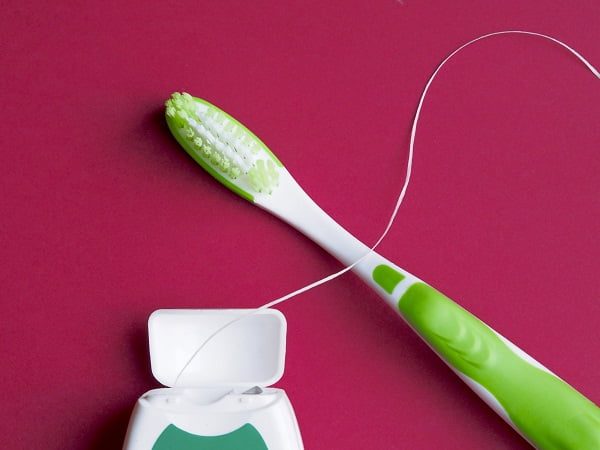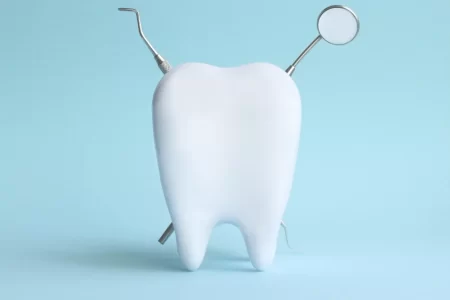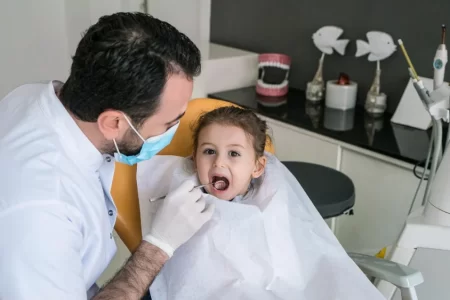What Can I Do To Keep Cavities From Forming?
- Updated on: Jul 9, 2024
- 3 min Read
- Published on Oct 3, 2019


Dental caries is caused by bacteria that grow on plaque formed due to unhealthy oral habits. The severity and extent of infection depend on quantity and frequency of sugar intake by the person and many other factors.
Dental caries is one of the oldest and most commonly found diseases worldwide. Despite it being preventable, it is very often found in people with lower socioeconomic status and children. Caries treatment involves surgery and procedure like tooth extraction and root canal. Sometimes, procedures like the root canal and artificial crown result in bigger cavities. This eventually requires re-treatment from time and time again.
Earlier, the cavities were filled with silver or mercury amalgam but these days restorative techniques are more common. As the doctors say the disease can be prevented by taking good care of oral hygiene and with regular dental checkups.
Prevention of dental caries
Following are the measures that can be adopted to prevent dental caries and other complications related to it:
Oral hygiene
As dental caries is a pathological (caused by bacteria) condition, it can be easily prevented by taking care of your oral hygiene. The cavity-causing bacteria grow and thrive on the plaque which can be easily removed by brushing and flossing on daily basis. Read about causes of dental cavities.
Doctors recommend brushing twice a day and rinsing mouth with a good anti-plaque mouthwash. This is the best way to keep away from dental caries and other oral problems. Proper brushing and flossing technique may be learned at a dental clinic during routine check-ups.
Fluoride Application
Fluoride is known to prevent dental caries by inhibiting demineralization of minerals present in the tooth. It also enhances re-mineralization which helps in restoring normal condition of teeth. The re-mineralized surface is less susceptible to acid attack.
Fluoride also inactivates bacterial enzymes. Fluoride application may involve fluoride toothpaste, fluoride mouthwash and dietary supplements. In addition, fluoride gels and varnishes are commercially available.
Sucrose Substitute
Sucrose is a known cause of dental caries and intake of high amount of sucrose will obviously increase the risk of caries. It is impossible to eliminate sugar from the diet. However, we can use sugar substitutes that have less risk of developing dental caries.
Xylitol is one such substitute that has sweeter flavor as compared to sugar and is less likely to cause dental caries. It also blocks the metabolism of bacteria and reduces its adhesion ability.
Using Sealants
Most of the cases of dental caries seen in children are because of pits and grooves present in teeth. These pits and grooves make them more susceptible to dental caries because the structure favors plaque deposition. These areas are most often too narrow for oral hygiene measures to be effective.
To prevent plaque deposition and cavity formation, the pits and grooves are filled with restorative material. Thus, anatomically the area becomes less susceptible to disease.
Precautions by mother and caretaker
As dental caries is an infectious disease, it can be transmitted from the infected mother (or caretaker) to the child. Kids have a low resistance power towards diseases which makes them more prone to them. A patient already suffering from dental conditions should take precautions such that disease is not transmitted to children.
Vaccines
Dental caries is a pathological infectious condition and researchers have developed vaccines against it. Certain dental caries vaccine contains attenuated (inactive) form of bacteria that develop our immune system to fight against caries-causing bacteria. However, none of the so-far developed vaccines has appeared in the market.
With little efforts and proper oral hygienic conditions, the spread and transmission of dental caries can be easily stopped.











